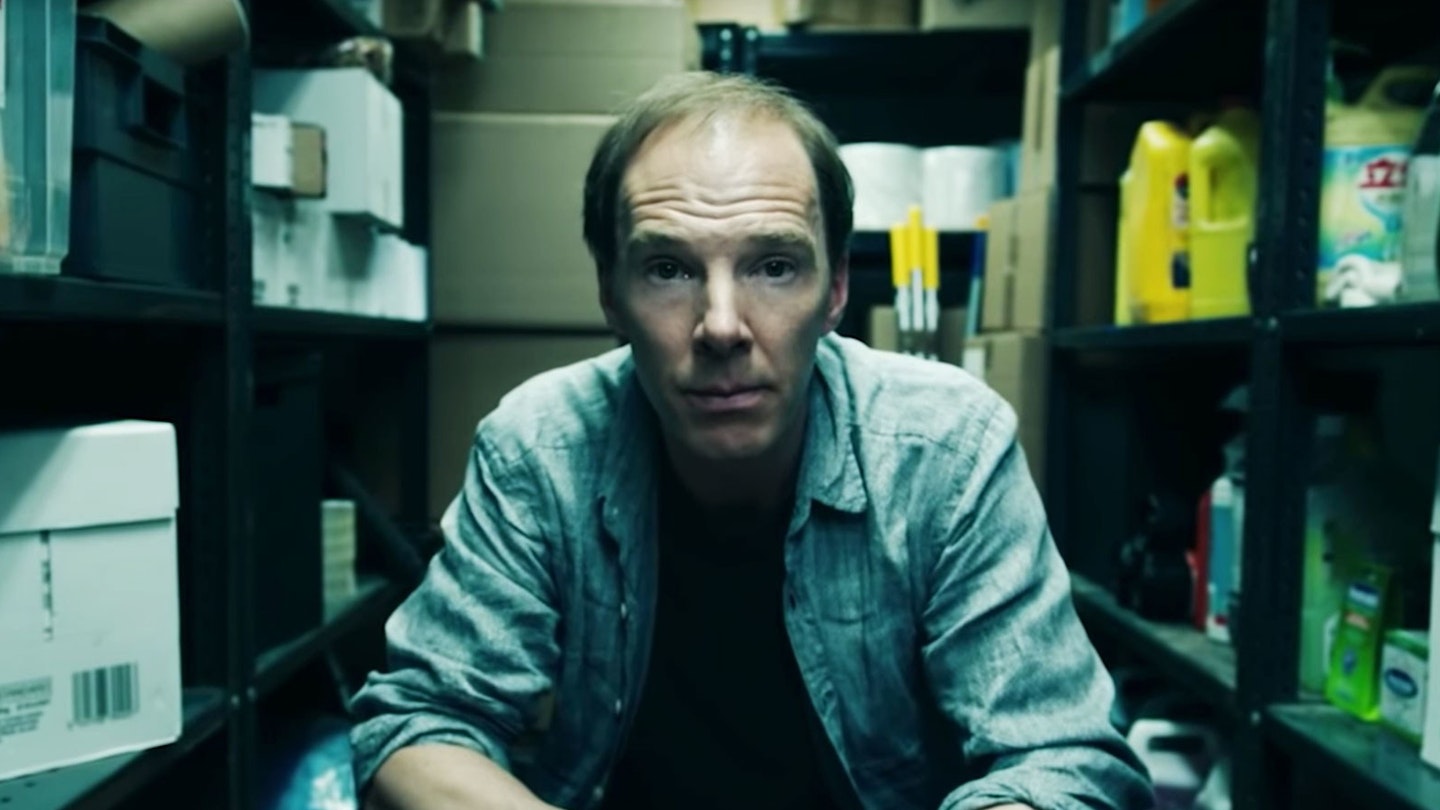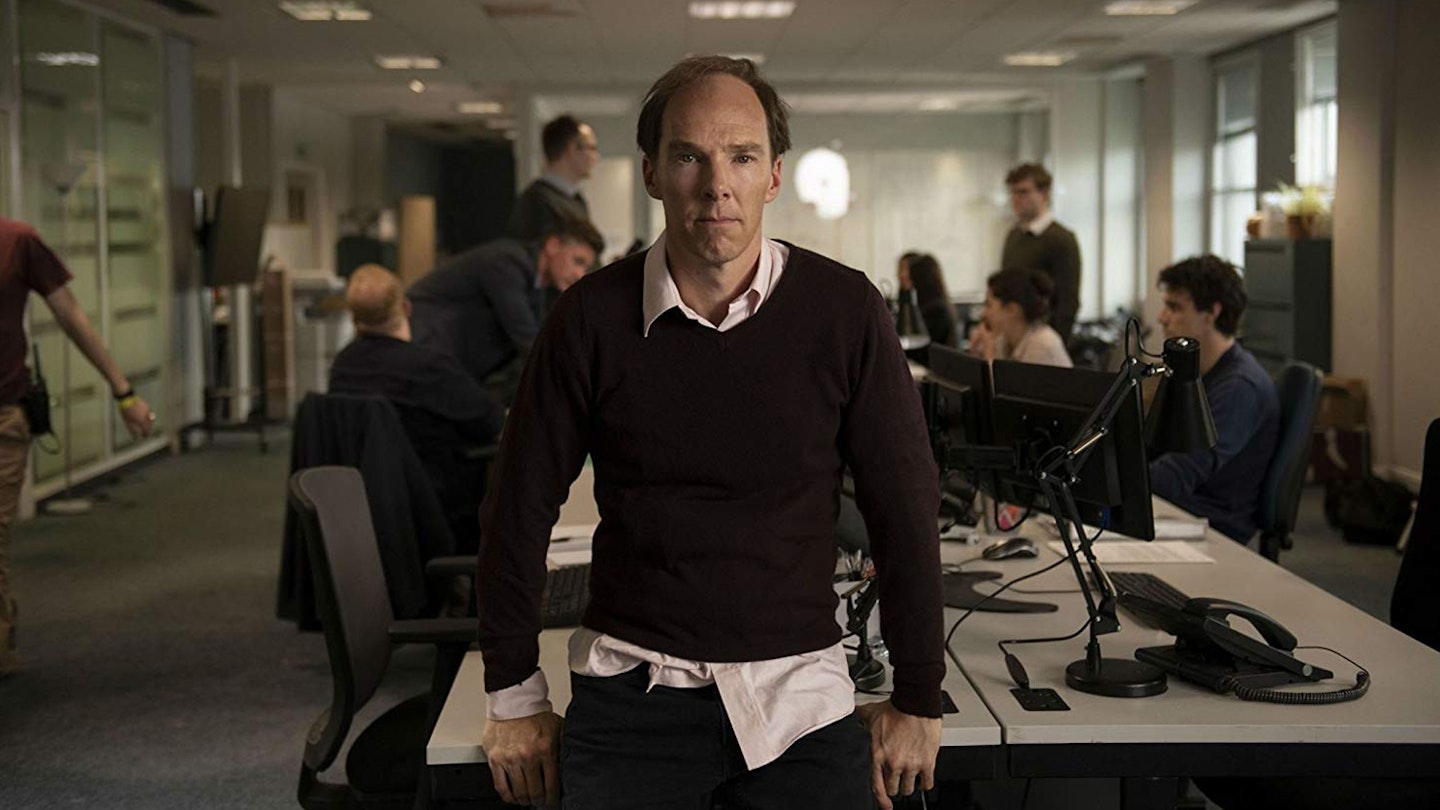When the teaser for Brexit: The Uncivil War dropped late last year, you’d have been forgiven for thinking it was an elaborate send-up. With comedic pastiches of Boris Johnson and Michael Gove reeling off Brexit slogans amidst the bewildered hand-wringing of agonised Remainers, it resembled nothing so much as a mega-budget SNL skit. But Brexit, like its namesake, is very real indeed, the product of political playwright James Graham’s second collaboration with Channel 4 after his dramatic representation of the 2010 election, Coalition.
With a vocal Remain activist in the lead role, many will write Brexit off unseen as a Remoaner polemic, but Graham’s work is rarely so black and white. He takes pains to avoid taking sides — directly, at least — instead focusing on one key person: the largely unknown mastermind behind Vote Leave, Dominic Cummings. A former special advisor to Michael Gove, he’s portrayed here as a savant-like data hound, Sherlockian insight and mastery of the digital arts providing a political strategy based on likes and retweets instead of hearts and minds. Graham’s focus is not on who was right and who was wrong, or even the possible ramifications of Brexit itself, but rather with the data-driven process that led to that 51% victory. A political Moneyball, if you like, only with more Nigel Farage.

As Cummings’ plan unfolds, we’re introduced to the world of Aggregate IQ and Cambridge Analytica, purveyors of the dark science that galvanised non-voters and mobilised them for the Brexit cause. As a relative unknown, even to the politically savvy, Cummings is a compelling focal point, his single-mindedness and ability to see the whole board leading to a campaign that was both far more sophisticated and better organised than that of his Remain counterparts. Benedict Cumberbatch, who met with Cummings in preparation for the role, plays the character with deliberate ambiguity, never decisive as to whether the strategist is a true political genius, or only thinks he is. “He’s not the messiah,” bemoans Rory Kinnear as Craig Oliver, Cummings’ Remain camp counterpart. “He’s a very naughty fucking arsehole!”
A chilling indictment of the modern political process.
Dramatic doppelgängers (Richard Goulding’s Johnson in particular flirts with parody) are portrayed alongside archive footage of real life characters, including Cameron and George Osborne, but never in a manner that jars. It helps that the film is intercut with an assortment of stylistic storytelling devices (comedy captions, to-camera addresses from a broom cupboard) that recall Adam McKay’s Vice and The Big Short, only with less panache.
Given that it airs when the form and fate of Britain’s exit from the EU is still up in the air, Brexit comes as a depressing reminder of just how divided our nation currently stands. What’s fascinating here, though, and more alarming by far, is the route by which we got here, with the manipulation of people’s data and the weaponisation of misinformation deployed by both sides. It’s a chilling indictment of the modern political process and augurs ill for a future in which big data is used to control every aspect of our lives. British democracy, Cummings realises when questioning Aggregate IQ’s motivations, is just a beta test for digital puppet mastery on a global scale — an endgame far more worrying than the fate of one country’s economic relationships.
